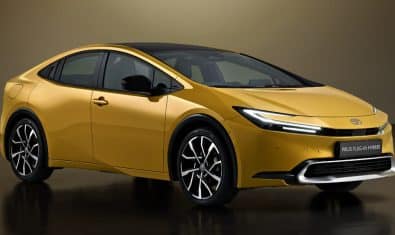The Automotive Industry Development and Export Plan (AIDEP) 2021-26 was launched recently, announcing additional benefits for automakers and aiming to improve the localization of vehicle production.
However, as per a report from the industry, the electric two-wheeler industry is not pleased with the new policy as the government has not specified the sales tax rate for them.
The e-bike manufacturers worry that the unspecified sales tax in the AIDEP 2021-26 would imply that the customs department will charge the same tax rate of 17 percent. A media report claims that potential investors have also started to back away from e-bike companies due to this discrepancy.
Chairman of the Association of Pakistan Motorcycle Assemblers (APMA) Muhammad Sabir Sheikh has requested the government to specify if the rate of sales tax has been decreased to one percent, just like for other electric transport in the country.
He lamented that this is not the first time that the motorcycle industry has been left out of such ventures. Sheikh added that due to the disparity, company owners have become extremely worried about their wellbeing in the market.
He highlighted that the government had promised — prior to the formation of the new policy — that it would reduce sales tax on all environment-friendly vehicles, but the new draft doesn’t specify a rate for the bike makers. He stressed that the government should ensure the inclusion of the sales tax rates for e-bikes in the policy immediately to secure the future of this industry in Pakistan.
Fact Check
It bears mentioning here that the AIDEP 2021-26 does include exclusive incentivization clauses for the two and three-wheelers EV’s, which are as follows:
- CD of 1% at EV Parts (battery, motor, converter, charger, etc.) till 2026
- Sales tax @ 1% at local manufactured (reviewed annually)
- Sales tax waived at import stage (reviewed annually)
- Import of CBU for test marketing
- 10 CBU Units (for each variant), 200 CBU (all variants) at 50% of prevailing CD
- Subsequent manufacturing compulsory after two years
The government seeks to enable all segments to completely indigenize vehicle production, which is reflected in dedicated sections of the official policy document.
Image via Jolta
































